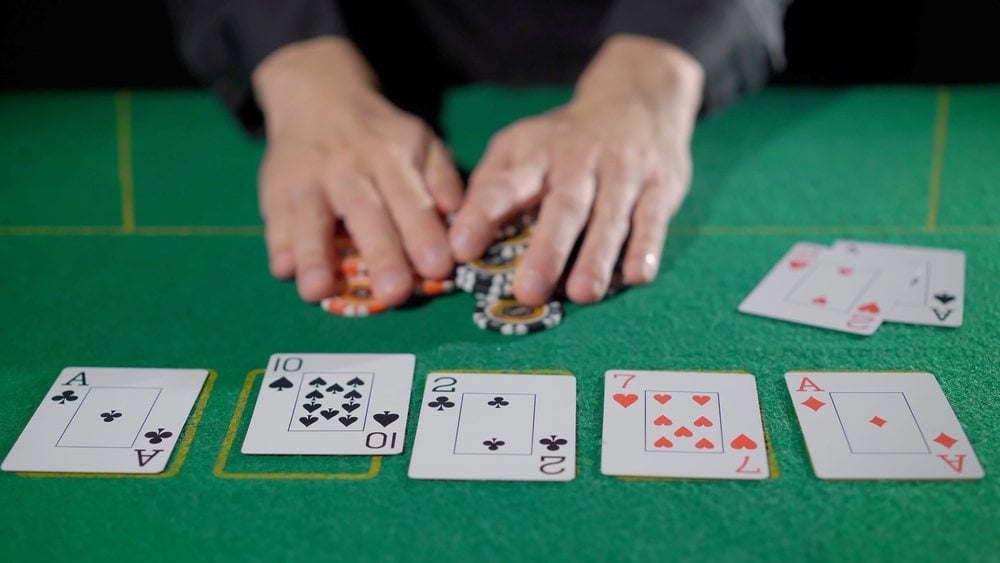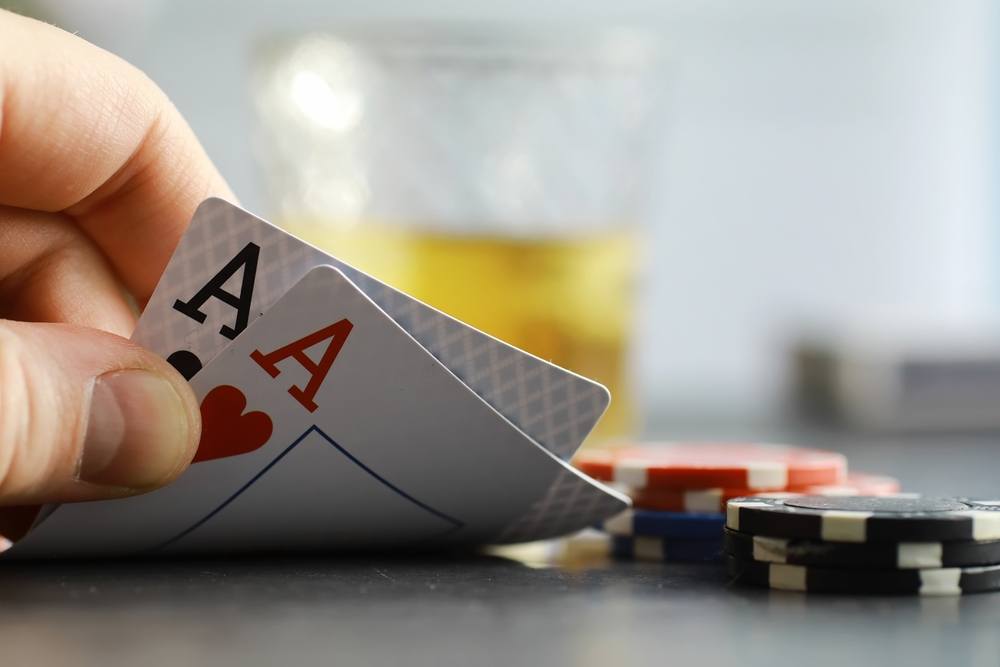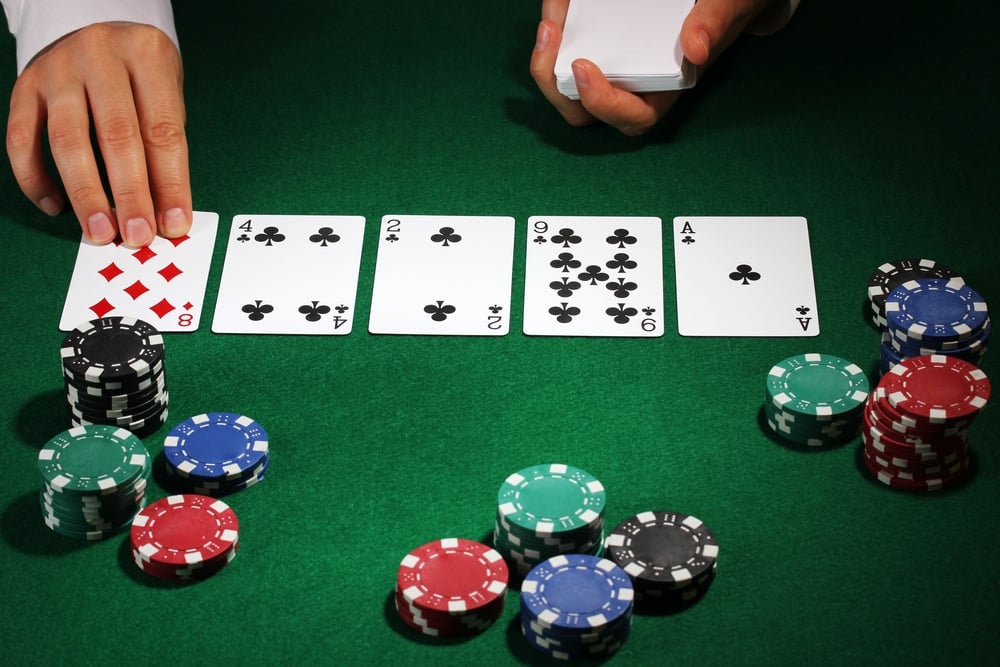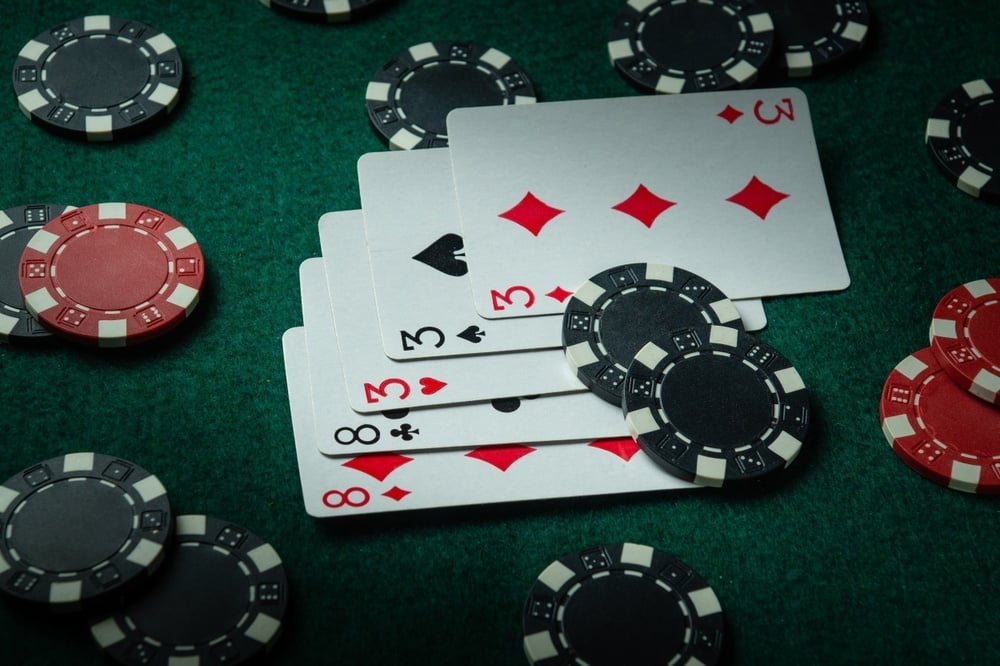10 Proven Poker Strategies From a Professional for Sharper Play

10 Essential Poker Tips From a Pro to Improve Your Strategy
Unlocking Winning Poker: Starting Points for Beginners
If you’re new to poker, building a strong foundation is essential. Often, learning from friends and family leads to picking up inefficient or even detrimental habits. Instead, familiarize yourself with core concepts such as hand rankings, smart preflop play, and good habits that lead to consistent wins. Here’s a concise roadmap to point you in the right direction:
- Learn the hand rankings, from High Card up to Royal Flush, to make optimal decisions during play.
- Use preflop guides or charts to help determine which hands are worth playing from various positions-it helps eliminate guesswork and costly mistakes.
- Start at lower stakes when possible. This allows you to experiment, learn from mistakes, and sharpen your skills without risking significant money.
- Be patient: Don’t play every hand. Discipline in folding weak holdings is often more profitable than aggressive, hopeful betting.
- Observe your tablemates. Noting their behavior, timing, and reactions can clue you in to bluffs, strong hands, and exploitable patterns.
Most importantly, treat poker as a game of strategy and skill. Relying on beginner’s luck and casual tips alone simply will not cut it as stakes or competition rise.
Evaluating Advice: Why Your Poker Source Matters
Before implementing anyone’s recommendations, know where the advice comes from. In poker, skepticism is critical-your strategy is only as good as its source.
My background includes:
- Publishing a respected poker book for new players.
- Designing and teaching poker classes at established institutions.
- Achieving a final table finish at the World Series of Poker, including a third-place result in a Tag Team event.
- More than $100,000 in live cashes.
- Writing extensively for leading poker websites.
Through structured study and targeted practice, I rapidly advanced from novice to tournament winner within a few months. My results are the product of deliberate learning, not chance.

Image Credit: Vimpro/Shutterstock
Critical Poker Insights Every Player Should Master
Become a Folding Expert: Selectivity Trumps Action
A common pitfall for less experienced players is playing too many hands. The truth: Folding is a pro’s best friend. Even elite players discard nearly 80% of their hands before seeing the flop. That means sometimes sitting patiently for long stretches without involvement in a hand.
Why so selective? By choosing stronger starting hands, you position yourself to win more pots and lose less frequently with second-best holdings. Mental discipline to fold marginal spots is a key differentiator between average and winning players. Heroic laydowns, not reckless calls, often separate success from defeat.
Need proof? Search out tournament broadcasts or coverage that highlight disciplined folds-they’re the backbone of consistent results.
Preflop Mastery: The Importance of Hand Charts
If you ever find yourself unsure about which hands to play, preflop charts are the answer. Top players rely on these guides to outline optimal raising and folding ranges by table position.
For instance, many pros study or even memorize complex opening hand charts. By internalizing this framework, you’ll always know when to play aggressively and when to let go. This strategic edge reduces guesswork and ensures better, more disciplined decisions at each seat around the table.

Image Credit: Andrew Angelov/Shutterstock
Quick Guidelines for Preflop Play
Don’t want to memorize charts? Here’s an easy system for selecting playable cards as a beginner:
- Pairs (like 9-9, Q-Q, etc.)
- Two high face cards (both cards should be Jack, Queen, King, or Ace; you can relax this rule to include tens)
- Suited connectors (two consecutive cards of the same suit like 7♣8♣ or 5♥6♥)
Avoid playing combos like Ace-Three or Queen-Eight unless both cards are strong. Suited connectors should fit both requirements-suited and next to each other numerically.
The Simplest Preflop Shortcut: Royal Flush Components
Pressed for time and just want the fastest, safest path? Only play cards that could make a royal flush: combinations of Ace, King, Queen, Jack, or Ten of the same suit, as well as any high pairs (Aces, Kings, Queens).
Example hands to play: A♣K♣, Q♠J♠, K♦Q♦, J♥10♥, plus pairs of the above.
While this method severely restricts your playable hands, it almost guarantees you avoid costly second-best scenarios when flushes and straights come into play.

Image Credit: Alexkich/Shutterstock
Rethinking the Value of Suited Hands
A big trap for rookies is overestimating the strength of suited cards. It’s tempting to fall in love with hands like J♥3♥ just because they’re suited, but statistically, sharing a suit adds only a 2-3% improvement versus unsuited hands. That’s barely significant!
Moreover, hands like J♥3♥ are problematic: you’re left hoping for a rare flush (which only arrives by the river about 36% of the time when you flop a draw) or end up with weak pairs. Usually, these combos create more trouble than they’re worth, leading to challenging decisions and thin margins.
Play hands that have fundamental strength and leave suited "junk" behind.

Image Credit: RomanR/Shutterstock
Mathematical Foundations for Confident Decisions
Poker is a game grounded in math. Here are several must-know statistics that shape smart play:
- You’ll miss the flop with your starting hand around 67% of the time.
- Preflop all-ins with a pocket pair versus two overcards are roughly a coin flip (about 50/50 odds).
- Flopping a flush with suited hole cards happens just once every 118 hands.
- If you start with a flush draw on the flop, you’ll complete it by the river only about 36% of the time.
- Open-ended straight draws have roughly a 32% chance of improving by the river.
- A “gutshot” straight draw will hit only 16% of the time.
- A pocket pair flops a set (three of a kind) approximately 12% of the time.
- A pocket pair facing a single higher overcard is about a 70/30 favorite.
By committing these key figures to memory, decisions in high-pressure situations become much clearer.
Poker Math in Action: A Real-World Example
Consider this scenario: You’re dealt pocket Kings and face an all-in from an aggressive player. Statistically, you have a 70% edge against Ace-King before the flop; sometimes, however, the river has other plans. Even if you lose the hand, making mathematically correct decisions is what wins in the long term.

Image Credit: Africa Studio/Shutterstock
Accelerate Improvement Through Online Poker Practice
One of the fastest ways to refine your poker skills is by playing online. Virtual tables deal far more hands per hour (about 90 hands/hour) compared to live poker (typically 30 hands/hour). Online rooms also allow multi-tabling, exponentially increasing your exposure to scenarios and strategies in a short period.
Facing players from around the world toughens your game, exposes you to new tactics, and creates a safe, low-cost environment for experimentation. Beginners who rise to the challenge of online games often eclipse traditional live-only players in both experience and skill.
Shaping a Narrative With Your Bets
Poker isn’t just a card game-it’s psychological warfare. Every raise, call, or fold contributes to a story you're telling at the table. Seasoned players craft a narrative with their betting patterns, persuading opponents and controlling the tempo.
For instance, increase your post-flop bets after having raised preflop (a tactic called the "continuation bet" or c-bet) when facing just one or two opponents. This approach is far more convincing and effective than bluffing at multiple players at once. Make your bets consistent with strong holdings to keep your “story” believable and profitable.

Image Credit: VITALII BORKOVSKYI/Shutterstock
Building Your Poker Network: Collaborative Learning
While caution is advised regarding the advice you take, surrounding yourself with trusted poker peers is invaluable. Discussing hands and strategies with others accelerates your growth, hones your analytical thinking, and helps you challenge assumptions. Whether it’s casual review with friends, joining online communities, or attending local meetups, connecting with like-minded players is one of the fastest ways to deepen your understanding and enjoyment of the game.
Sociability pays dividends in poker-not just at the table, but long after the cards are put away.
Conclusion: Outplay the Average With Focused Strategy
By internalizing these professional poker insights-centered around discipline, mathematical reasoning, careful hand selection, observation, and social connection-you give yourself every advantage over the average player. Patience and consistent study transform rookies into regular winners. Use these actionable strategies, refine your approach, and watch your poker game rise to the next level.













